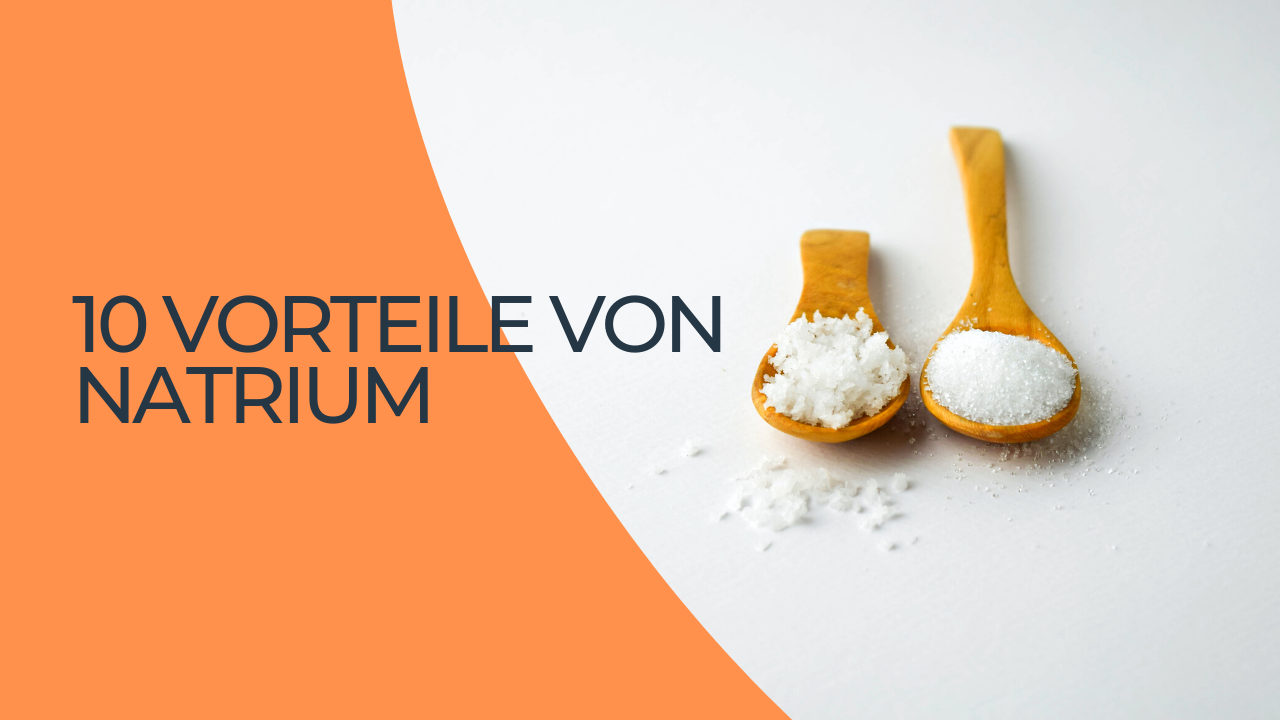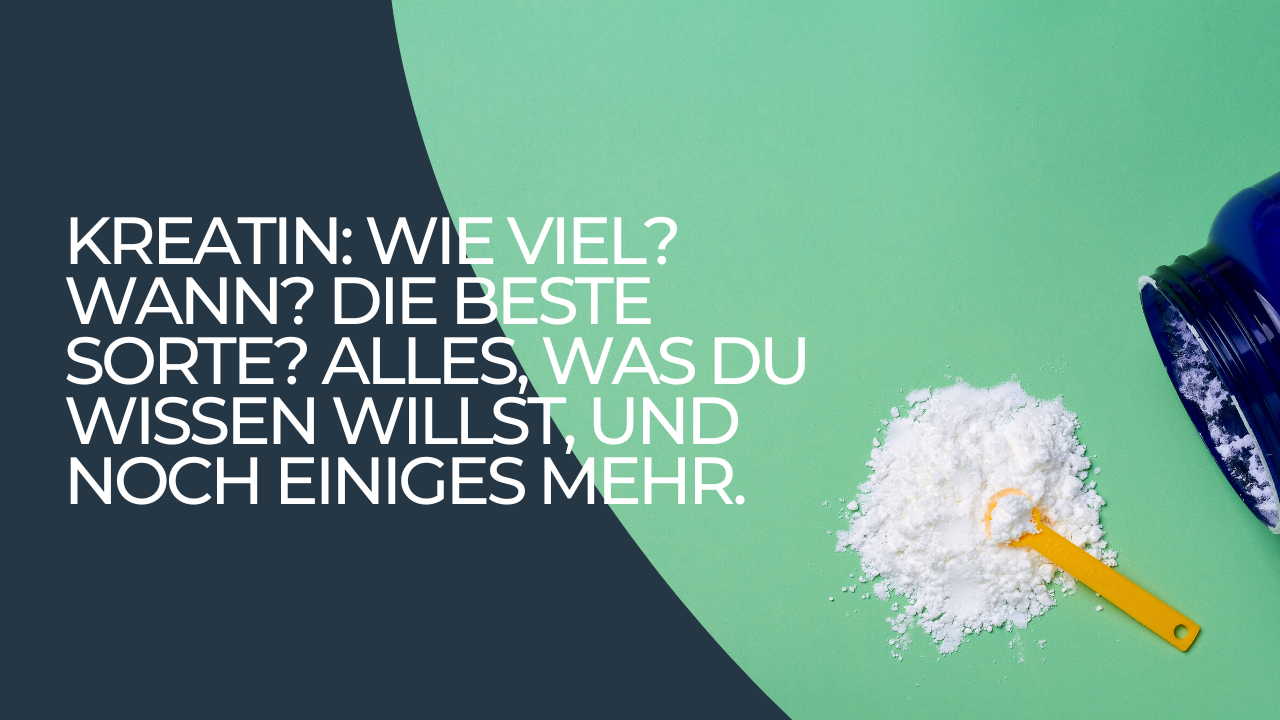The Health Benefits of Sodium.
Sodium is one of the most important minerals for our body and yet we know little about it or downright shy away from it. Yes, table salt is a controversial topic and there are a wide variety of opinions and approaches. It can increase blood pressure in some people. Properly dosed and used, sodium offers countless health benefits. Here is an overview.
Sodium as an essential nutrient.
Sodium is an important nutrient. The body needs it to maintain and regulate fluid balance. In addition, it contributes to the transmission of nerve impulses and muscle contraction.
The problem: Most people consume far too much sodium, which can lead to high blood pressure, heart disease, and stroke. That doesn't mean you should eliminate sodium from your diet entirely. Instead, just use it properly.
The recommended daily allowance for sodium is less than 2,400 mg per day, which is approximately one teaspoon of table salt (sodium chloride).
Sodium helps keep blood pressure at normal levels.
According to nutritional labeling, the American Heart Association recommends a maximum sodium intake of 1,500 mg per day. However, new research suggests that current guidelines are incorrect.
In fact, some experts believe that consuming more than 2,300 mg of sodium per day may be beneficial for your health. According to current knowledge, the optimal amount is 5-7g. Here are some health benefits of sodium to consider when dieting:
Sodium helps keep blood pressure at normal levels by helping the body absorb water and thereby regulate blood volume. This helps keep blood pressure at normal levels and prevents dehydration.
Sodium is important for muscle contraction and the transmission of nerve impulses in the body. It also plays an important role in digestion and the absorption of nutrients from the digestive tract into the cells and tissues of the body.
Sodium is necessary for proper cell function and metabolism as it helps regulate fluid balance within cells by helping control how much water enters cells through osmosis (the movement of water molecules across a semi-permeable membrane). or flows out of them. The body needs just enough sodium in its cells for them to function properly. The right dose is important here in order to avoid health problems.
Not consuming enough sodium can cause fluid to build up in body tissues and cause swelling (edema).
Sodium helps to keep the water balance in the body in balance.
Sodium is an important mineral that helps keep the body's water levels balanced and also aids in the transmission of nerve impulses in the brain and spinal cord.
Sodium is found in most foods and comes in varying amounts. The right amount that should be consumed daily with food depends on age, gender and body size and physical activity. Most people get enough sodium from their daily diet and do not need to limit their dietary intake.
However, some people do need to limit their sodium intake because they have certain medical conditions or are otherwise required to follow a low-salt diet. For example, if you suffer from high blood pressure or heart disease. For example, a 1 gram reduction in daily sodium intake can lower blood pressure by an average of 1-2 mm Hg, and a 3 gram reduction by as much as 3-4 mm Hg. However, do not attempt to reduce salt intake on your own . This should always be done on the advice and in consultation with medical experts.
Sodium is needed for good muscle function.
Sodium also helps maintain proper fluid balance in the body and helps transmit nerve impulses. The body needs water to function properly. When the amount of sodium in the diet does not match the amount of water, the body draws sodium from the cells to make up for the situation. This can lead to a condition called hyponatremia, or low blood sodium.
Sodium helps prevent heat stroke on hot days.
When it's hot outside - it doesn't necessarily have to be midsummer - the body sweats more than usual to cool down. This process requires a lot of water and salt to keep the electrolytes in the cells and in the bloodstream balanced. When these lost nutrients aren't replenished by drinking enough water and eating salty foods like pretzels or pickles, performance suffers.
Sodium helps to stay hydrated while exercising or working in hot environments.
The body needs sodium to maintain fluid balance. If you sweat during exercise or in the heat, sodium loses its ability to bind water molecules. As a result, the body loses more water than it absorbs from drinking water or food. Dehydration can become a serious problem if left untreated.
Conclusion: It depends on the right dose. Too much sodium can make you ill, but the right amount can also provide health benefits for the body. If you are not sure what the right amount is for the respective occasion (everyday life, sport, extreme situations), it is good to consult an expert for an individual diagnosis.





